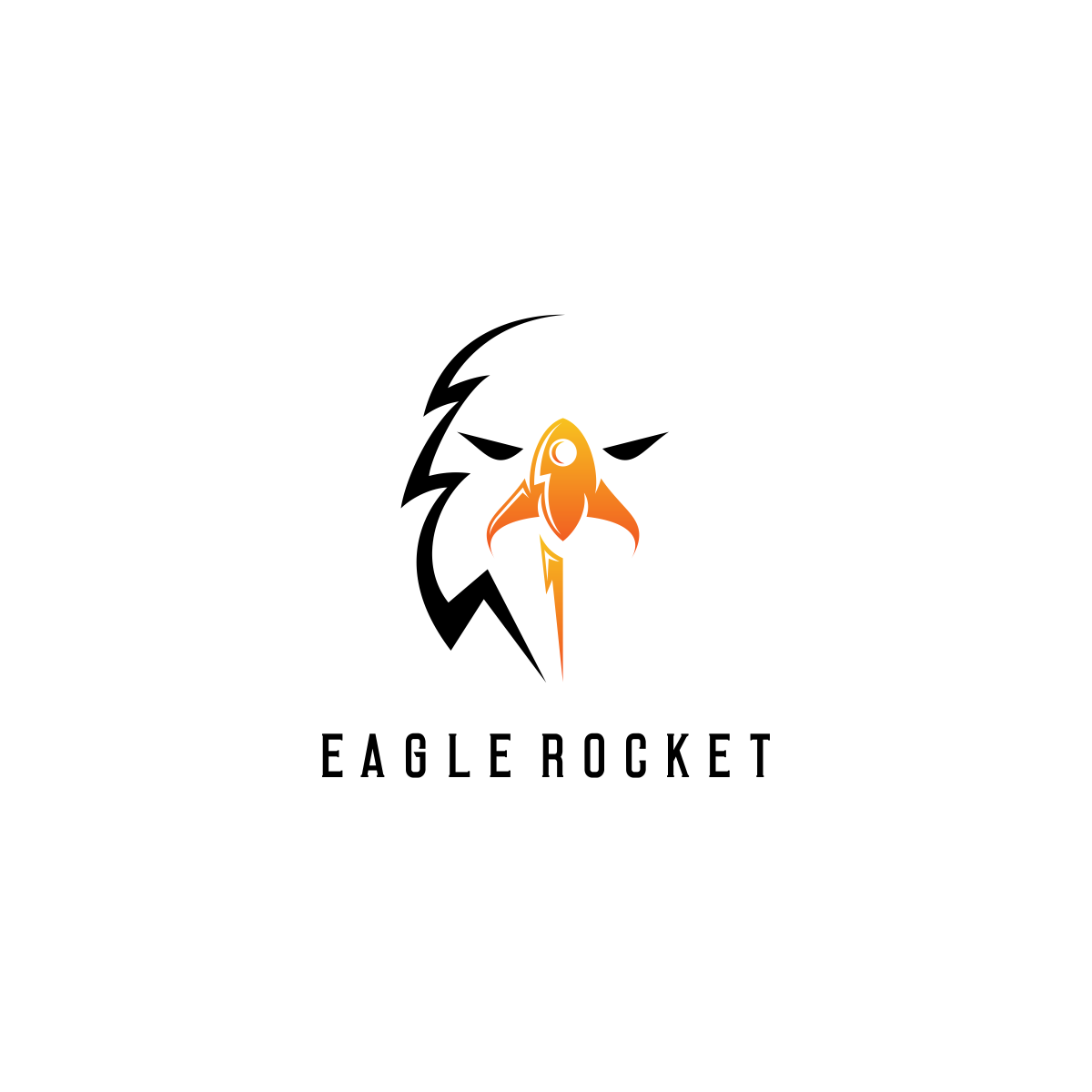As we step into 2025, the recruitment landscape in France is witnessing an array of revolutionary shifts. With rapid technological advancements, evolving workforce dynamics, and an increasing emphasis on diversity, the realm of headhunting has become more complex yet promising. Companies are now facing the dual pressure of seeking top talent while enhancing their employer branding and candidate experience. This article delves into the primary trends shaping headhunting in France, contextualizing the challenges and opportunities that recruitment professionals must navigate.
Adoption of Artificial Intelligence in Talent Acquisition Strategies
The integration of Artificial Intelligence (AI) into the talent acquisition framework is not merely a trend but a necessity for 2025. Organizations in France are increasingly leveraging AI-powered tools to streamline their recruiting processes. These technologies facilitate more efficient candidate sourcing, screening, and interviewing, significantly reducing time to hire.
- Enhanced Candidate Matching: AI algorithms analyze vast databases of candidate profiles to identify the best fits for a role based on required skills, experiences, and cultural fit.
- Predictive Analytics: Utilizing predictive analytics helps recruiters anticipate hiring needs and market trends, allowing for more strategic workforce planning.
- Bias Reduction: AI can minimize human bias in the selection process, promoting fairer and more diverse hiring practices.
However, the implementation of AI calls for a meticulous approach to ensure that it complements human judgment rather than replacing it. Recruiters must remain involved in the decision-making process to maintain the personal touch that is essential in headhunting.

Impact on Candidate Experience
As organizations shift towards AI-driven recruitment, the candidate experience is also transforming. Most candidates now expect seamless, engaging recruitment processes, akin to their consumer experiences. Companies that prioritize this aspect will likely attract and retain top talent.
- Personalization: Tailoring communications and processes based on candidate preferences and backgrounds enhances engagement.
- Accessibility: Mobile-friendly application processes and user-friendly platforms ensure candidates can apply and follow up easily.
- Transparency: Clear communication about hiring timelines, interview processes, and feedback fosters trust and may lead to a better employer reputation.
Recruiters in France increasingly acknowledge that providing a positive candidate experience can be a differentiator in a competitive job market.
The Rise of Remote Work and Its Challenges
The pandemic fundamentally altered the way companies and employees view work. As we progress in 2025, the remote work trend continues to shape recruitment strategies. Organizations are now more open to hiring talent beyond geographical boundaries, making it imperative for headhunters to adapt.
| Advantages of Remote Work | Challenges of Remote Work |
|---|---|
| Expanded Talent Pool | Managing remote teams effectively |
| Cost Savings on Office Space | Ensuring a strong company culture |
| Increased Flexibility | Addressing time zone differences |
While the benefits of remote work are compelling, recruiters must also consider the challenges it presents, such as team management, maintaining a cohesive culture, and navigating varied working hours. Companies that implement frameworks to manage remote employees effectively will likely thrive in this new landscape.
Diversity and Inclusion as Cornerstones of Head Hunting
The focus on diversity and inclusion is not just a trend; it is an integral part of recruiting for 2025. Companies are recognizing the value of diverse teams in driving innovation and performance. Consequently, headhunters are tasked with actively seeking diverse talent pools.
- Inclusive Job Descriptions: Crafting job descriptions that avoid biased language can attract a broader range of applicants.
- Targeted Outreach: Engaging with communities and organizations that represent underrepresented groups can help expand outreach efforts.
- Training and Development: Investing in training for hiring managers on bias awareness can lead to more holistic hiring practices.
By integrating diversity as a core component of their hiring strategies, organizations not only comply with social imperatives but also drive better business results.
Data-Driven Recruiting for Better Outcomes
In 2025, the reliance on data-driven recruiting is set to escalate. The ability to gather and analyze recruitment metrics allows companies to refine their recruiting strategies and improve hiring outcomes.
- Recruitment Metrics: Analyzing metrics such as time-to-fill, quality of hire, and sources of hire can provide insights for improvement.
- Recruitment Software: Many organizations are investing in sophisticated HR tech that integrates seamlessly with their recruitment processes, allowing for real-time data analysis.
- Candidate Analytics: Tracking candidate behavior throughout the recruitment process helps identify bottlenecks and areas for enhancement.
Data-driven recruiting empowers headhunters to make informed decisions, leading to better matches between candidates and positions.
Agile Recruitment: A New Approach to Talent Acquisition
The concept of agile recruitment is emerging as an innovative approach to attracting talent. Emphasizing flexibility in recruitment practices, agile methods allow companies to quickly adapt to changing market dynamics.
- Responsive Hiring Processes: Establishing processes that can quickly pivot in response to talent market changes ensures a company remains competitive.
- Collaborative Teams: Cross-functional teams involving HR, hiring managers, and even current employees can streamline hiring decisions.
- Iterative Approaches: Applying an iterative process to recruitment, where feedback is continually sought and processes are refined, keeps the hiring strategy responsive and effective.
This agile mindset enables companies to fill positions more efficiently, ensuring they have the talent they need, when they need it.
Emphasis on Sustainability in Hiring
As awareness surrounding environmental issues grows, the emphasis on sustainability in hiring becomes increasingly relevant. Companies are motivated to build workforce practices that align with sustainable development goals.
- Green Recruitment Practices: Implementing eco-friendly practices in recruitment processes, such as virtual interviews and minimizing travel, showcases commitment to sustainability.
- Employer Branding: Organizations are actively promoting sustainability as part of their employer branding, appealing to eco-conscious candidates.
- Long-term Perspectives: Sustainability considerations not only protect the environment, but they also reflect a commitment to building a responsible and future-oriented company.
For companies in France, aligning recruitment strategies with sustainable goals can significantly enhance their attractiveness to prospective employees.
| Sustainability Practices in Recruitment | Benefits |
|---|---|
| Virtual Recruitment Processes | Reduces carbon footprint |
| Eco-friendly Work Practices | Enhances company image |
| Corporate Social Responsibility Initiatives | Attracts environmentally conscious talent |
By focusing on sustainability, organizations not only contribute positively to the environment but also foster a strong connection with candidates who share those values.

